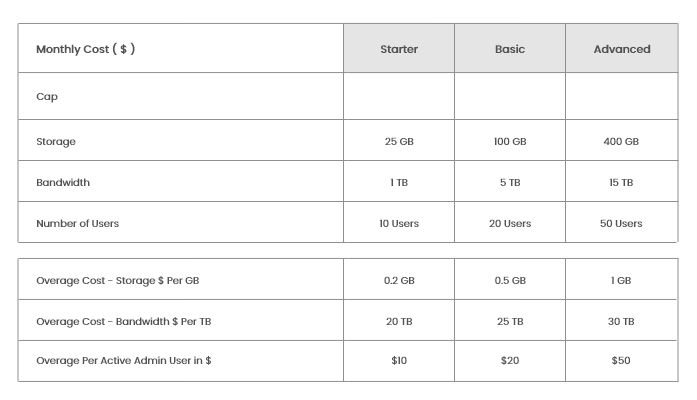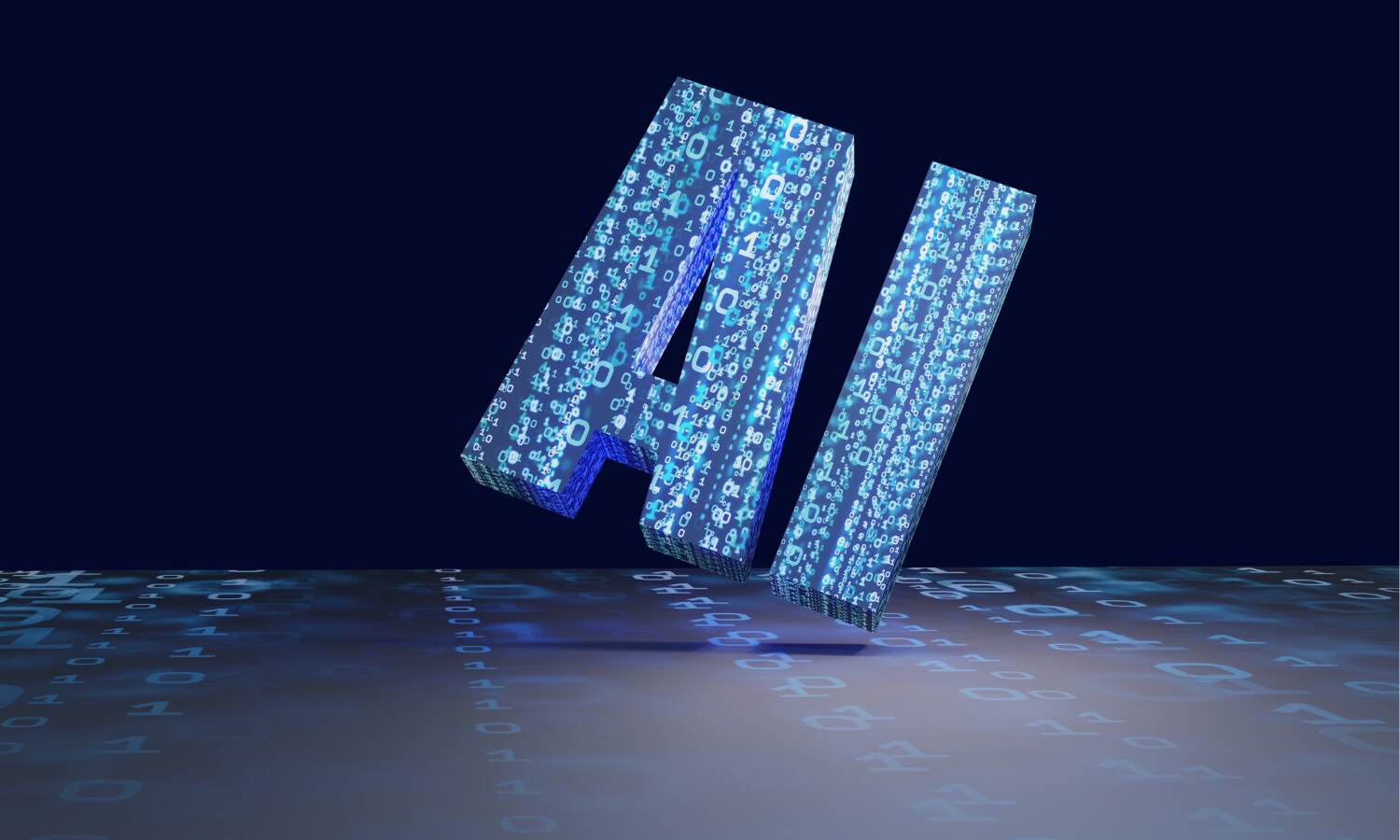



Google Is Creating A Policy On AI Content And E-E-A-T
During Google Search Central Live Tokyo 2023, Gary Illyes and others answered numerous questions regarding AI...
During Google Search Central Live Tokyo 2023, Gary Illyes and others answered numerous questions regarding AI, offering new insights into Google's methodologies and recommendations on AI-produced content.
Kenichi Suzuki (Twitter profile) of Japan presented at Search Center Tokyo 2023 and then produced a blog post in Japanese summarizing the major observations from the event.
Some of what was communicated is already widely known and recorded, such as the fact that it makes no difference to Google whether the information is AI produced or not.
What matters most to Google in both AI-produced and translated content is content quality.
Google's Approach to AI-Generated Content
AI-Generated Content Labelling
What is less clear is if Google distinguishes between AI-created material and non-AI-generated stuff.
According to the Googler, probably Gary Illyes, Google does not label AI-created content.
Should AI-Generated Material Be Labeled?
In order to combat false news, the EU is currently encouraging social media firms to voluntarily label AI-generated material.
Furthermore, Google now suggests (but does not require) that publishers identify AI-produced photos with IPTC image data information, noting that image AI businesses will begin automatically adding the metadata in the near future.
But what about the text?
Is it mandatory for publishers to designate their text material as AI-generated?
Surprisingly, the answer is no; it is not necessary.
According to Kenichi Suzuki, it is not necessary to expressly classify AI material in the eyes of Google.
According to Googler, it is up to publishers to decide if it is a better user experience or not.
The English translation of Kenichi's Japanese writing is:
"From Google's perspective, it is not required to explicitly designate AI-generated content as AI-generated content, since we analyze the nature of the content, If you judge that it is necessary from the user’s point of view, you can specify it." Kenichi wrote in Japanese.
He also stated that Google warned against posting AI work without first having a human editor examine it.
They also advised using the same approach with translated information, which should be reviewed by a person before publication.
Natural Content is ranked first
One of Google's most noteworthy statements was a reminder that their algorithms and signals are built on human content and, as a result, would prioritize natural material.
"ML (machine learning)-based algorithms and signals are learning from information authored by people for humans. As a result, comprehend natural content and prioritize it."
according to the English translation of the original Japanese.
What is Google's approach to AI content and E-E-A-T?
E-E-A-T stands for Experience, Expertise, Authoritativeness, and Trustworthiness.
It was initially referenced in Google's search quality raters guidelines, which advised raters to seek for evidence that the author is writing from a position of expertise in the field.
At the moment, artificial intelligence cannot claim expertise in any topic or product.
As a result, it appears that an AI cannot satisfy the quality level for some types of material that need Experience.
The Googler said that they are having internal conversations about it and have not yet established a policy.
They stated that once they have decided on a policy, they would publicize it.
AI Policies are Evolving
We are at a transitional period due to the availability of AI and its lack of reliability.
Major media businesses who rushed to test AI-generated content have quietly slowed down to examine their options.
ChatGPT and other generative AI systems, such as Bard, were not specifically taught to generate content.
Therefore it's maybe not unexpected that Google now advises publishers to keep an eye on the quality of their material.
While you handle all of the non-technical aspects of SEO for Enterprise sites, Hocalwire CMS handles the technical aspects of maintaining a large sitemap, indexing pages for Google, optimizing page load times, maintaining assets and file systems, and warning for broken links and pages. These are significant value additions if you're looking for an enterprise-grade content management system. To learn more, Get a Free Demo of Hocalwire CMS.

